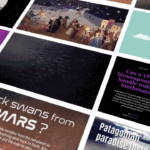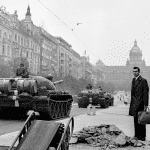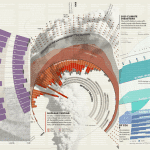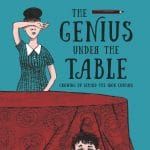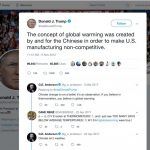Trump’s former Russia expert to speak before Congress Monday. Here are her thoughts about Putin.
By Dan Drollette Jr | October 13, 2019
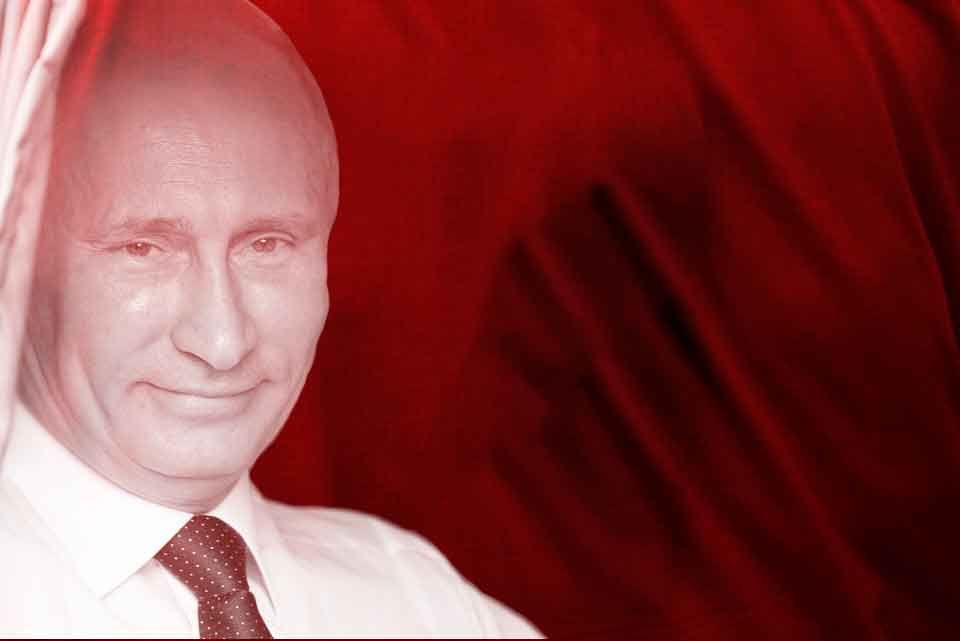 “Putin has spent a great deal of time in his professional life bending the truth, manipulating facts, and playing with fictions,” wrote Fiona Hill and Clifford Gaddy in their biography of Putin. “He is also, we conclude, not always able to distinguish one from the other.”
“Putin has spent a great deal of time in his professional life bending the truth, manipulating facts, and playing with fictions,” wrote Fiona Hill and Clifford Gaddy in their biography of Putin. “He is also, we conclude, not always able to distinguish one from the other.”
Fiona Hill, President Trump’s former top Russia adviser at the National Security Council, is scheduled to appear before Congress on Monday. In the words of The Guardian: “Hill, not a Trump loyalist but an expert on Russia and Vladimir Putin, resigned from her post in August. So she was in her job at the time of the infamous 25 July telephone conversation between Trump and the newly elected Ukrainian president, Volodymyr Zelensky.”
No one knows what she will say, of course, though Politico’s national security correspondent, Natasha Bertrand, tweeted that “she [Fiona Hill] and her team were among those wary of the shadow foreign policy being done on Ukraine by Giuliani, Sondland, and Volker.”
NEW: No, Fiona Hill is not the whistleblower. But she and her team were among those wary of the shadow foreign policy being done on Ukraine by Giuliani, Sondland, and Volker. She resigned just a week before Trump’s fateful Zelensky call. My profile: https://t.co/jeEkGLOEcQ
— Natasha Bertrand (@NatashaBertrand) September 30, 2019
A former Brookings Institution fellow and widely respected national security expert, Hill has sometimes been described as a “Russia hawk” in the press. Or as CNN Politics put it: “Hill’s views sometimes seemed at odds with Trump’s own desire to improve relations with the strongman leader whom Trump, as a candidate, often spoke of admiringly.”
Hill is an expert on the Kremlin, a fluent Russian speaker, and a clear-eyed critic of Russian President Vladimir Putin—whom she profiled in 2013 for a 390-page biography titled “Mr. Putin, Operative in the Kremlin” and co-authored with Clifford G. Gaddy.
While the country waits for her testimony, we thought this a good time to offer readers another chance to read the essay about Putin that Hill wrote for the Bulletin of the Atomic Scientists in April 2016, or about a year before she joined the National Security Council. The opening paragraph:
The West is at an inflection point in its relations with Russia; the stakes for having an accurate understanding of its president, Vladimir Putin, have never been higher. A misreading of this man – now one of the most consequential international political figures and challengers to the US-led world order since the end of the Cold War – could have catastrophic consequences. Russia’s 8,000 nuclear weapons (and the vehicles to deliver them to any point on the globe) underscore the huge risks of not understanding who Putin is, what he wants, how he thinks, and why. Where do his ideas and conceptions come from? How does Putin look at the outside world? Why did he annex Crimea in 2014 and intervene in Syria in 2015? What does he know about the West? What does he think about the United States? These are all critical questions.
The full essay is available here.
Publication Name: Bulletin of the Atomic Scientists
To read what we're reading, click here
Together, we make the world safer.
The Bulletin elevates expert voices above the noise. But as an independent nonprofit organization, our operations depend on the support of readers like you. Help us continue to deliver quality journalism that holds leaders accountable. Your support of our work at any level is important. In return, we promise our coverage will be understandable, influential, vigilant, solution-oriented, and fair-minded. Together we can make a difference.
Keywords: Fiona Hill, National Security Council, Putin, Ukraine
Topics: What We’re Reading

